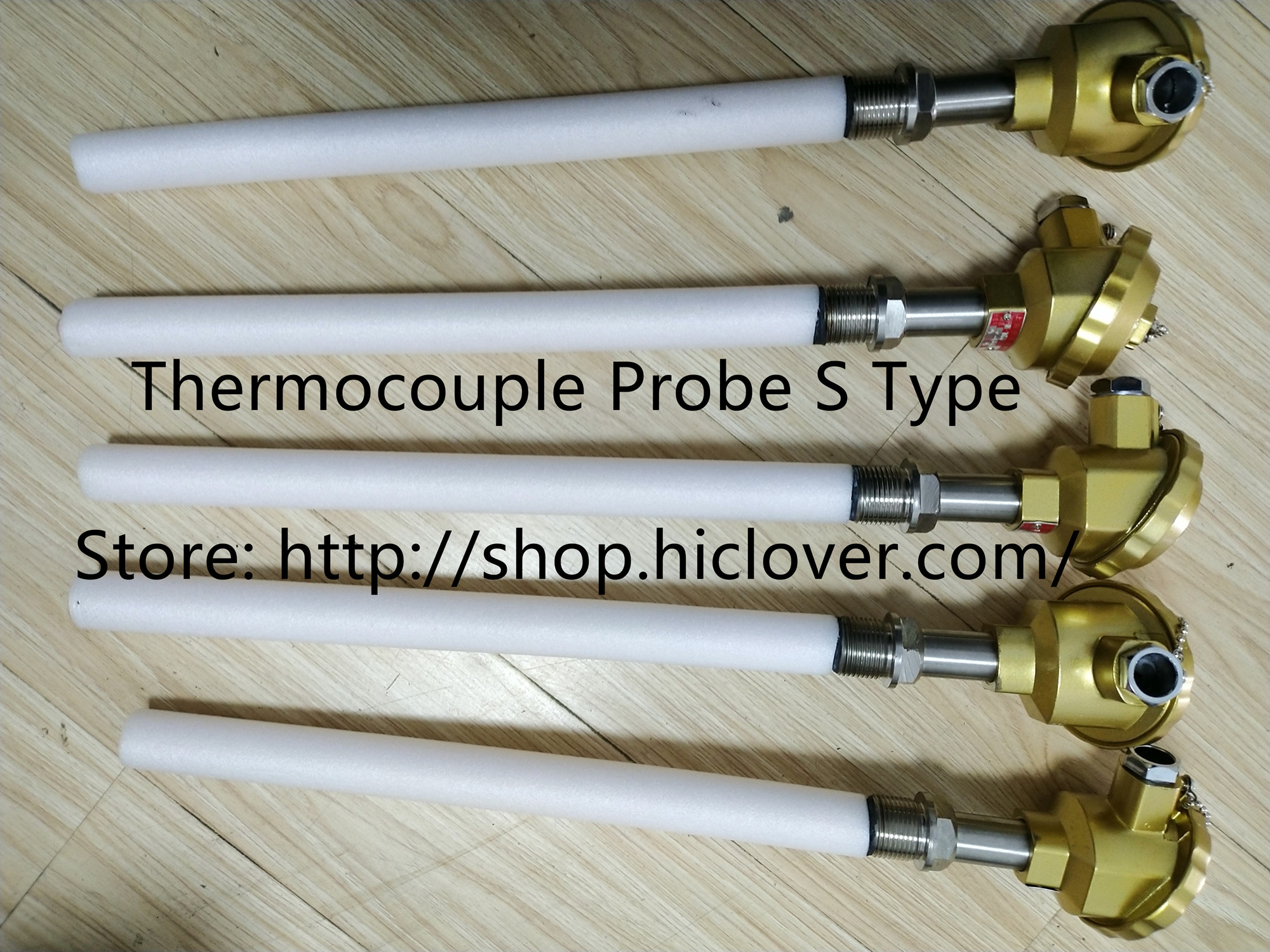In recent years, there has been a growing interest in finding sustainable and renewable sources of energy. One promising solution that has been gaining attention is the use of small waste to energy plants to power homes and businesses. These plants convert organic waste into energy through a process called anaerobic digestion, and the advantages of utilizing this technology are numerous.
One of the most significant benefits of small waste to energy plants is their ability to reduce the amount of organic waste sent to landfills. Organic waste, such as food scraps and yard trimmings, accounts for a significant portion of the waste generated by households and businesses. Anaerobic digestion allows this waste to be converted into biogas, which can then be used to generate electricity and heat. By diverting organic waste from landfills, these plants help reduce the greenhouse gas emissions that are produced by decaying organic matter in landfills.
In addition to reducing waste, small waste to energy plants also provide a reliable source of renewable energy. Unlike solar and wind power, which are dependent on weather conditions, anaerobic digestion can produce biogas consistently, making it a reliable source of energy for powering homes and businesses. This can help reduce reliance on fossil fuels and contribute to a more sustainable and environmentally friendly energy supply.
Furthermore, small waste to energy plants can also help to create local jobs and stimulate economic growth. The construction and operation of these plants require skilled workers, creating employment opportunities in the communities where they are located. Additionally, these plants can also generate revenue by selling excess electricity to the grid, providing a source of income for the local economy.
Another advantage of small waste to energy plants is their ability to improve air quality. By capturing and converting methane, a potent greenhouse gas released during the decomposition of organic waste, into biogas for energy production, these plants help reduce the emission of harmful pollutants into the atmosphere. This can have positive impacts on public health, particularly in urban areas where air quality is a concern.
Additionally, small waste to energy plants offer a solution for managing waste in regions where landfill space is limited. By diverting organic waste to these plants, communities can extend the lifespan of their existing landfills and reduce the need for new landfill sites. This can help mitigate the environmental and social impacts associated with waste disposal and land use.
While there are many advantages to powering homes with small waste to energy plants, it’s important to note that this technology is not without its challenges. The initial investment in building and operating these plants can be substantial, and there are also considerations related to waste collection and feedstock availability. However, with the potential to reduce waste, generate renewable energy, create jobs, and improve air quality, small waste to energy plants offer a promising solution for sustainable energy production at the local level. As communities continue to explore renewable energy options, waste to energy technology is likely to play an increasingly important role in shaping the future of energy production.



